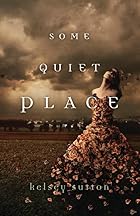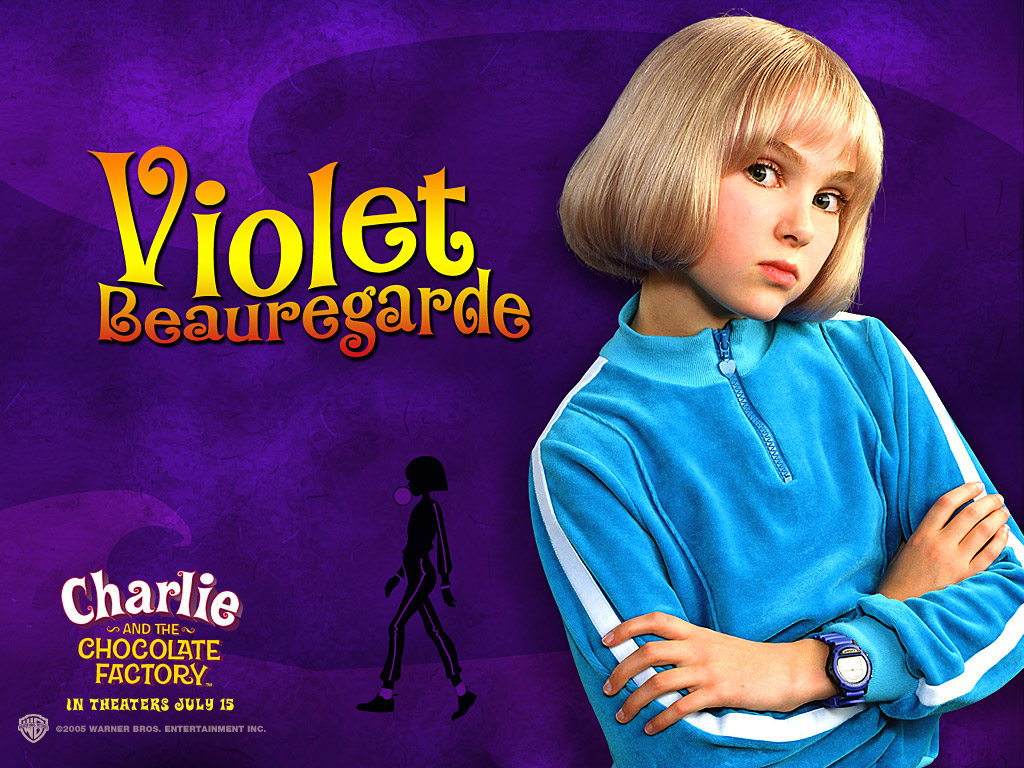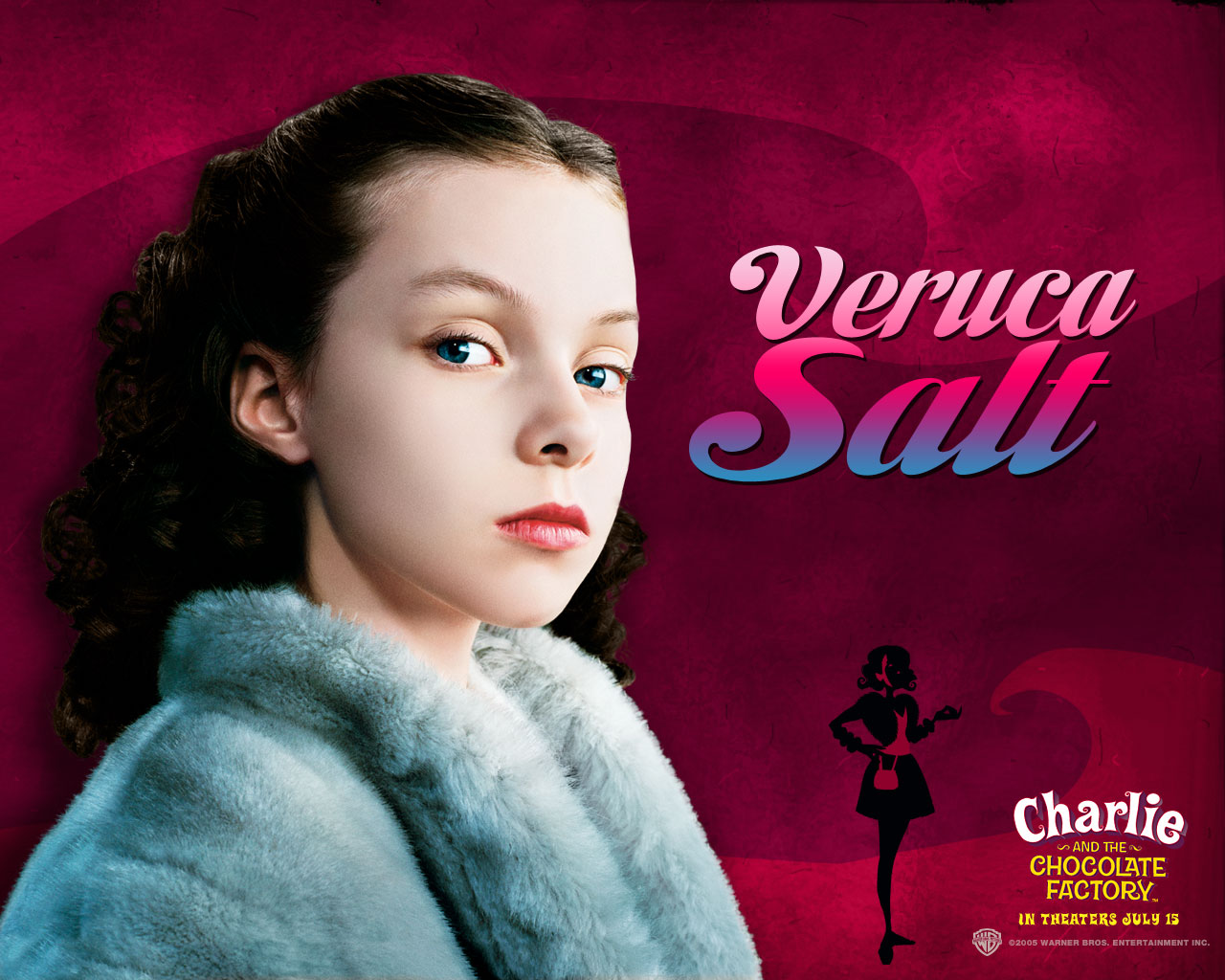Written by Roald Dahl and Narrated by Eric Idle
Reason for Reading: I'd watched the two movies with my nephew, who'd just read the book, and I decided that I wanted to know which one was more true to the book.
Genre: Children's Fantasy / Humor / Adventure
Review
When Willie Wonka announces that he's hidden 5 golden tickets to his fantasticly famous, but very mysterious, chocolate factory, Charlie Bucket wishes more than anything that he could be one of the lucky 5 winners. But Charlie is very poor and can not afford to buy any of the chocolate bars that conceal the tickets. Luck knocks unexpectedly, though, and he's up for the adventure of a life-time with 4 other kids - each of whom has at least one huge personality flaw. Violet Beauregarde is uber-competitive and has a nasty chewing-gum habit, Veruca Salt is spoiled rotten, Mike Teavee is a know-it-all who watches too much TV, and Augustus Gloop is grossly overweight and incredibly greedy. As the eccentric Willie Wonka takes the kids on a wild tour of his factory, each of the kids suffers dire consequences of their flaws.
This is my FAVORITE Roald Dahl book. Hilarious and fun - and it has a classic movie that makes me even fonder of it. :) I really enjoyed listening to Idle's fantastic narration of the story - though I wish he'd sung the Oompa Loompa songs instead of just reading them. But no one's perfect. :) I think I enjoyed this book just as much as an adult as I had as a child.
My nephew and I compared the two film adaptations. The first was the Gene Wilder version from 1971 and the second was the Johnny Depp version from 2005. I hadn't seen the classic movie for many years, but I had watched the newer one when it came out. I remember being disappointed in the newer version, but this time around I rather enjoyed it. Yes. It was different than the classic movie, but they were both very interesting interpretations. They both took some artistic license - and each had some stronger points and weaker points. The 1971 version, of course, inserted all that stuff about Arthur Slugworth (not to be confused with Horace Slughorn) and the 2005 version inserted all that stuff about Wonka's father. Other than that, there were only minor tweaks to the story in either one, and I was surprised to realize that they both were equally true to the book, in their own way.


So, who's my favorite Willie Wonka? I don't know! That's really hard to decide. The character was acted QUITE well both by Wilder and by Depp, though in very different ways. Wilder's was eccentric in a crazy-scary sort of way. Depp was eccentric in a wacky-vulnerable-creepy sort of way. These were very different interpretations but I was surprised to realize that they were more similar to each other in some ways than they were to the book character (as read by Idle). Both of Depp and Wilder (especially Wilder) seemed almost to encourage the nasty little kids to misbehave. Willie Wonka of the book seemed mostly unconcerned with the consequences of misbehavior, but seemed to genuinely warn them not to misbehave.
Charlie Bucket was cute in both movies, and the interpretations of the actors was fairly similar. I think Peter Gardner, of the 1971 version, sparkled just a tab bit more. Look at that cute expression when he finds the ticket. :)
Violet Beauregarde was modernized in the 2005 version. She was still the over-competitive gum-chewing brat written by Dahl, but she was the daughter of a win-or-die beauty queen and was totally kick-butt in a losing-isn't-an-option-because-you're-better-than-them sort of way. Basically, it's making fun of a certain stereotype of over-competitive girls that didn't exist when Dahl wrote the book. So, the Violet of the 1971 version was more true to the kid in the book, but I could better relate to the stereotype portrayed in the 2005 version - and I think this modernization was spot-on with the message Dahl portrayed in his book.
Veruca Salt was cuter in the 2005 version, but she had SO much more attitude in the 1971 version. Look at that "I want it NOW!" face. Definitely a bad egg.
Mike Teavee was obnoxious in both versions. He was modernized a bit in the 2005 version - he was addicted to video games rather than TV - but their interpretations of the character were pretty similar and I don't see any reason to think one did a better job than the other.
The first thing my nephew said when he saw Augustus Gloop in the 2005 version is "he's even fatter in this one!" Indeed, the only character trait Augustus had in the 2005 version is that he was severely obese. To the point of it being a little too much, I feel. Augustus Gloop in the 1971 version is quite fat enough to get the point across, and he has a lot more personality.
Which movie did you like better, and why?
 Maisie Dobbs
Maisie Dobbs






















